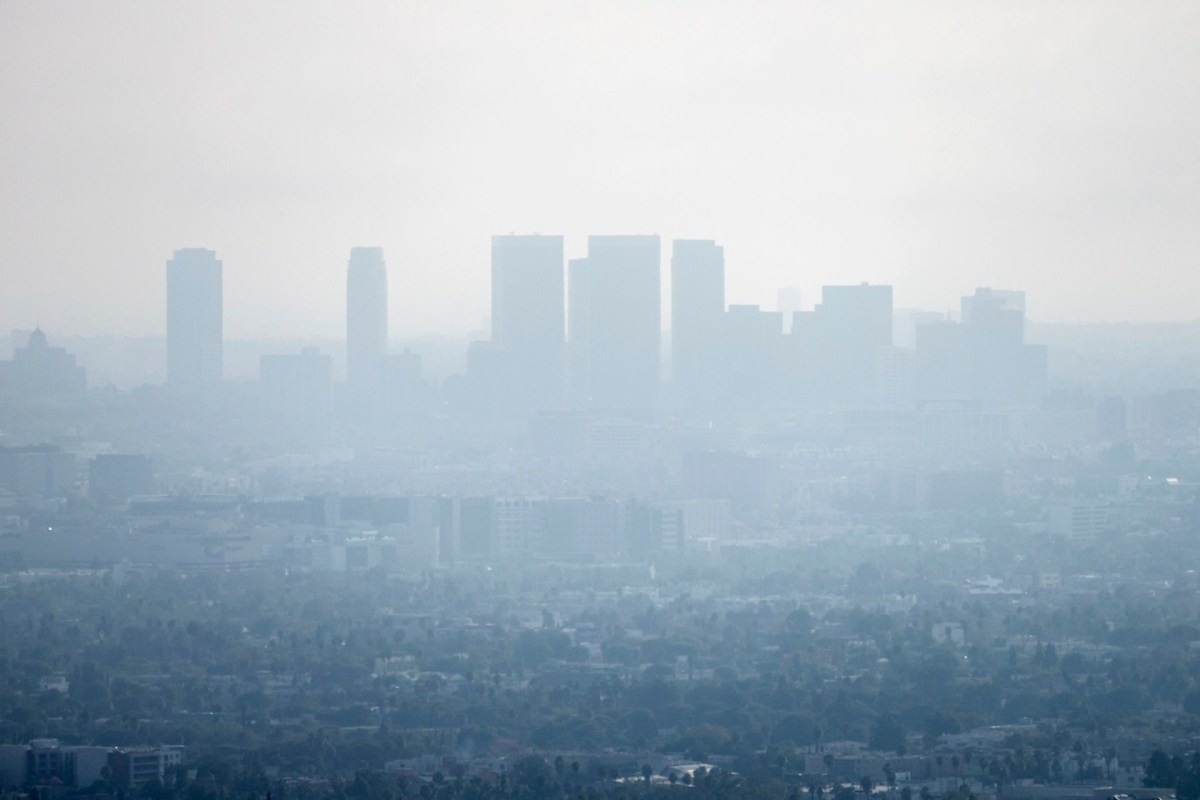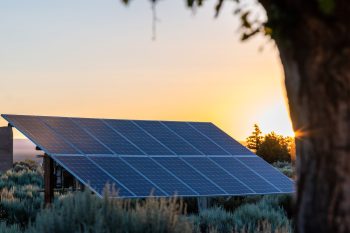A new study predicts that wildfire smoke in the U.S. will worsen significantly by mid-century, putting millions of Americans at risk.
What happened?
Research released by the First Street Foundation estimates that by 2054, more than 125 million Americans will be exposed to at least one day of "red" air quality — the level at which the U.S. Environmental Protection Agency describes as unhealthy — each year, as The New York Times summarized.
This is a 50% jump from 2024, the Times reported. The shift is largely due to increases in wildfire smoke.
An estimated 11 million people would face at least one "purple" or "very unhealthy" air quality day. Almost two million Americans would experience the highest risk level, "maroon," which the EPA calls hazardous, by 2054.
"Parts of the country are set to see months' worth of unhealthy air quality days," Jeremy R. Porter, head of climate implications at First Street and the report's lead author, told the Times. "That statistic is staggering, and is going to slowly make some parts of the country relatively unlivable."
Some troublesome areas include California's Central Valley, New York City, and Los Angeles County. In fact, air pollution in Fresno County is expected to reach hazardous levels for three weeks per year, according to the Times.
First Street said the shift is related to a warming planet, the Times reported. For one, extreme heat has increased the levels of ozone in the air. Meanwhile, an increase in heat and droughts has made wildfires worse.
Why is the study concerning?
Inhaling wildfire smoke can contribute to a variety of ailments including strokes, heart disease, respiratory disease, lung cancer, and early death, according to Susan Anenberg, the director of the Climate and Health Institute at George Washington University, who spoke with the Times.
In fact, one study found that breathing in wildfire smoke, even if you are miles away from the source, can be equivalent to smoking nearly half a pack of cigarettes a day.
What's being done about wildfire smoke?
According to the Times, the best way to cut wildfire smoke is to stop the warming of the planet. To that end, you can help out by voting for political candidates with a strong pro-climate agenda.
Though progress has been slow globally, some governments are making headway. For instance, Wales is banning most new roadway projects to cut down on carbon pollution. Meanwhile, a New York law will require all Lyfts and Ubers to be EVs by the year 2030, and Los Angeles outlawed gas power in all newly constructed buildings.
Once it begins to circulate into the air, smoke is difficult to escape. In fact, the prevailing advice is to just stay inside in times of poor air quality. However, that does not necessarily protect people who lack proper filtration systems in their homes, per experts cited by the Times.
You can improve your indoor air quality by picking up a High-Efficiency Particulate Air (HEPA) filter. Researchers also suggest vacuuming, dusting, and mopping with a commercial, non-bleach solution to get rid of dangerous volatile organic compounds (VOCs) that may settle in your home.
Some experts also are offering solutions like "cleaner air shelters" for those without air filters at home and equipment like N95 masks for those who have to work outside.
Brian G. Henning, director of the Institute for Climate, Water and the Environment at Gonzaga University in Spokane, Wash., told the Times that because there are few options for people to protect themselves from smoke, they may feel they have no choice but to endure.
"Is that adapting?" he asked the publication. "I don't think it is. It's actually just suffering."
Join our free newsletter for weekly updates on the coolest innovations improving our lives and saving our planet.








